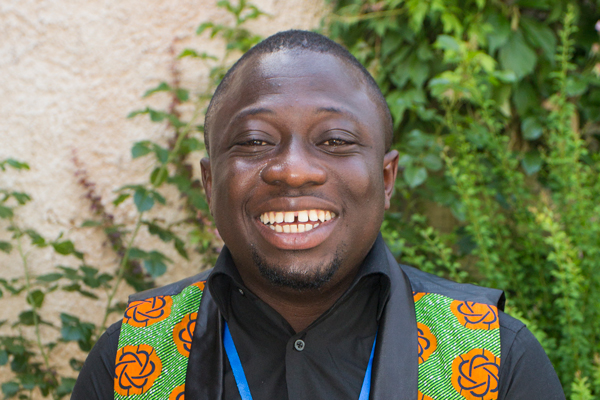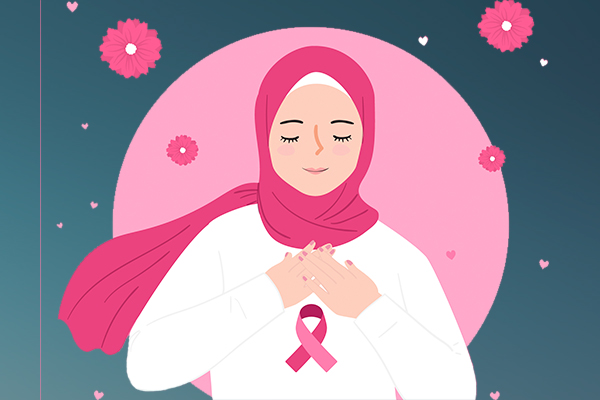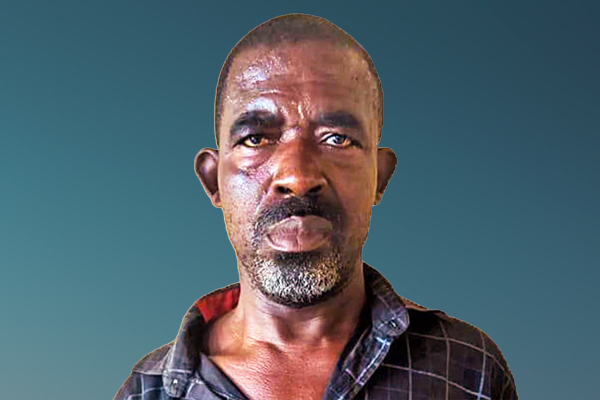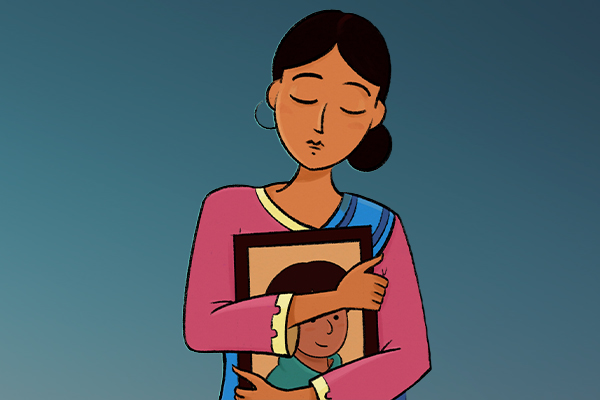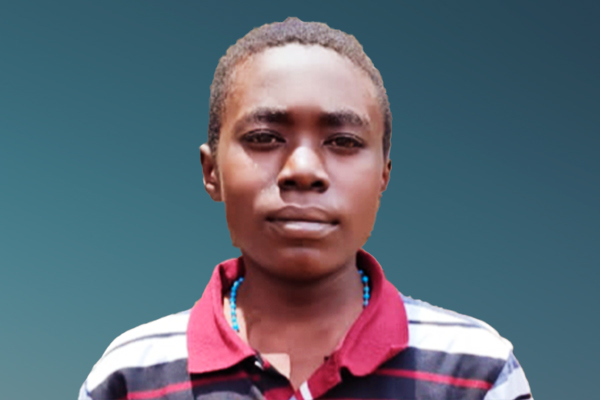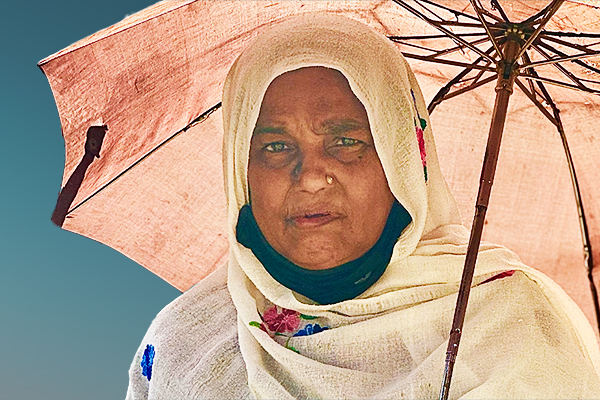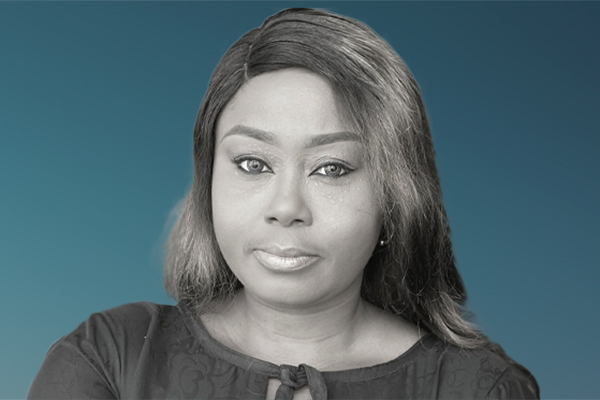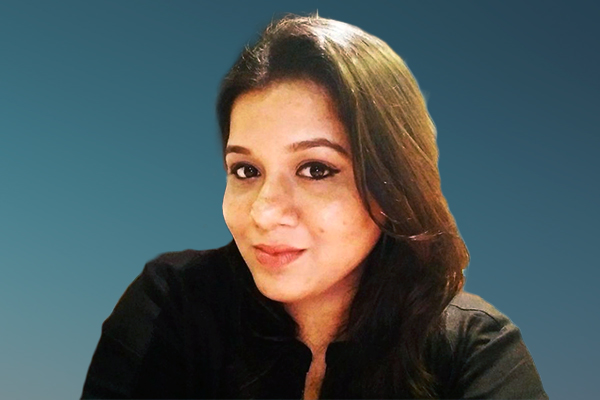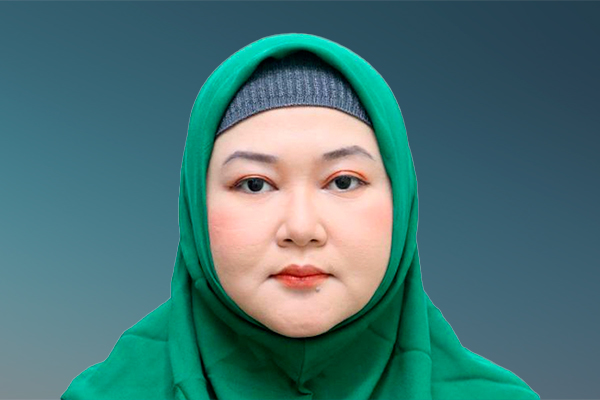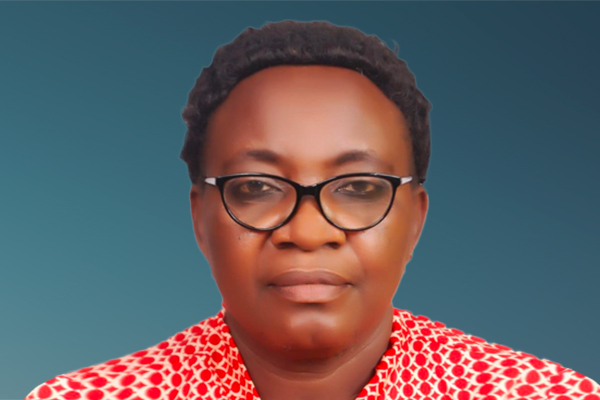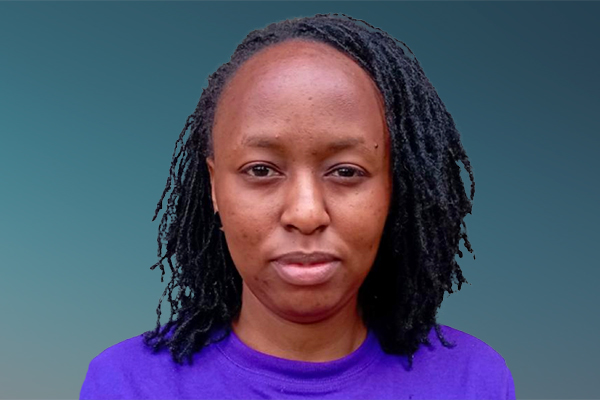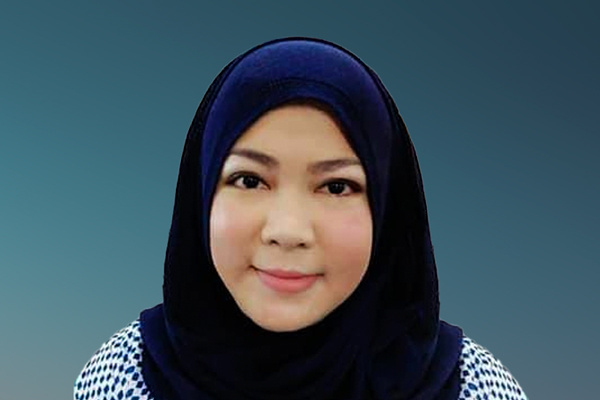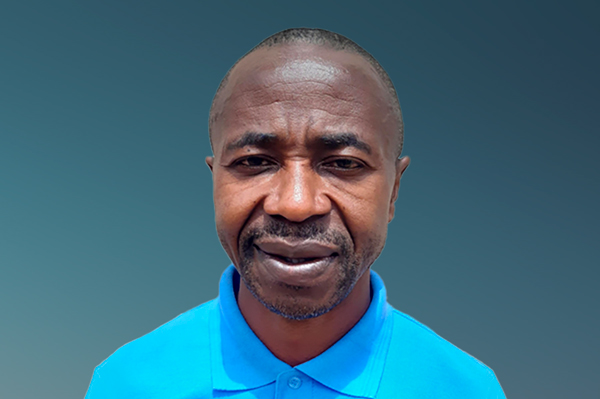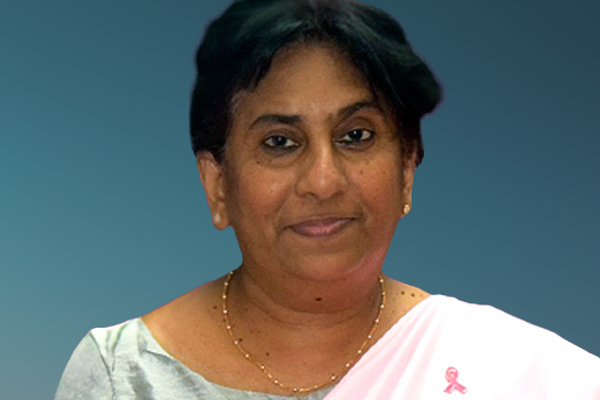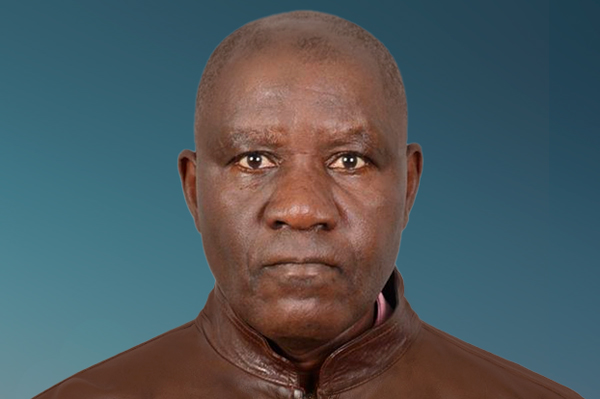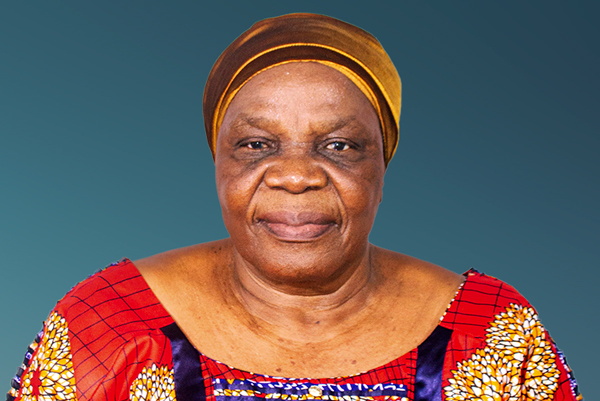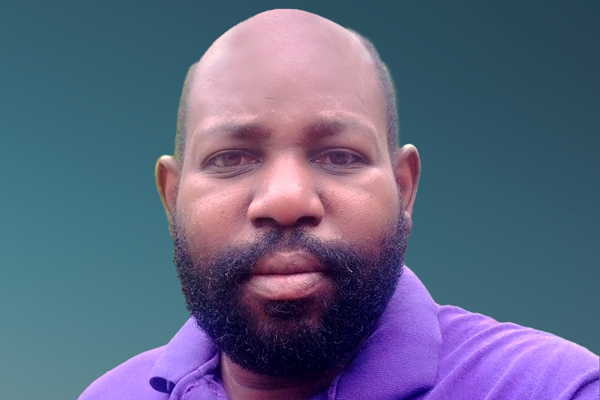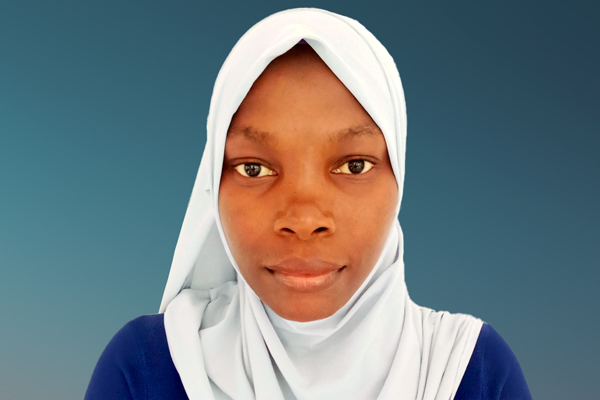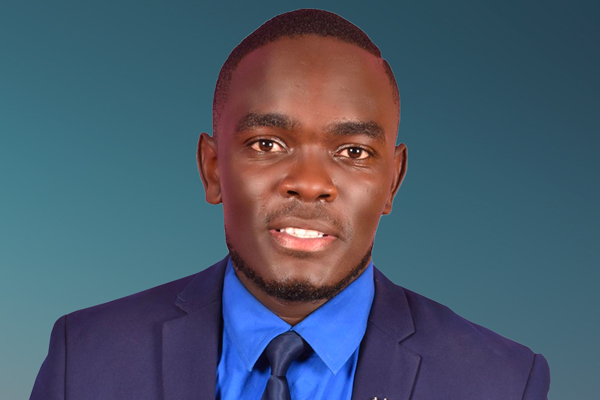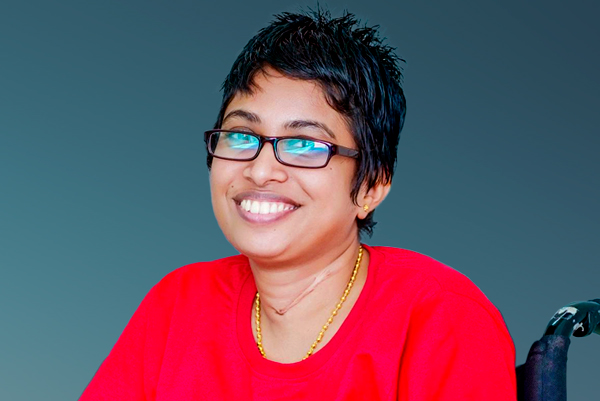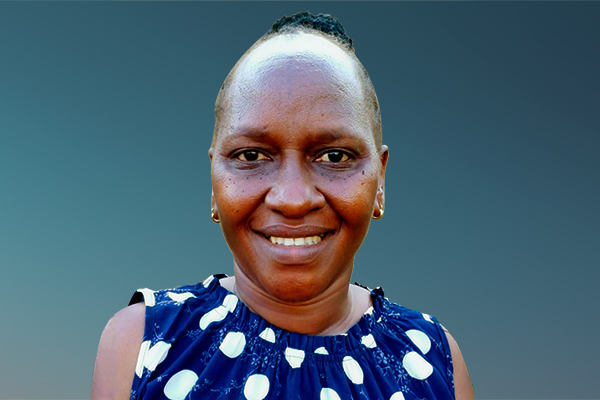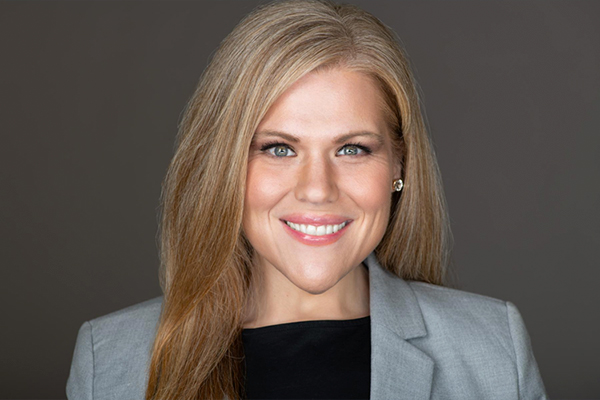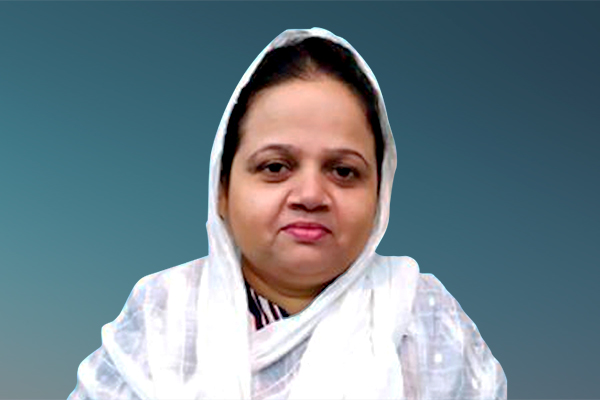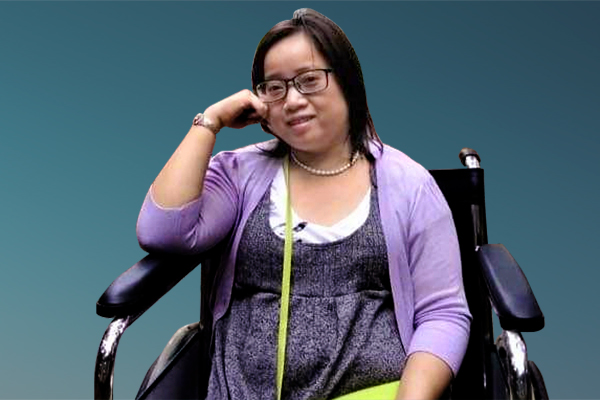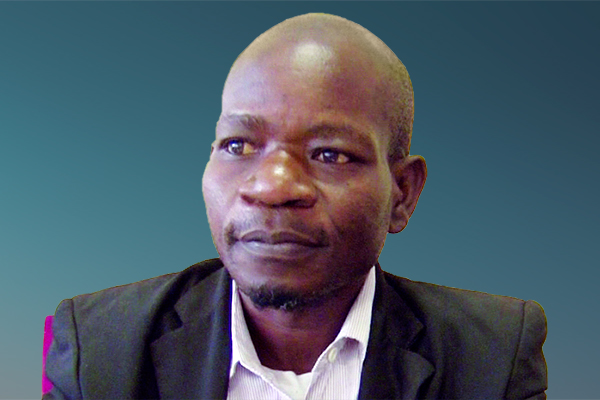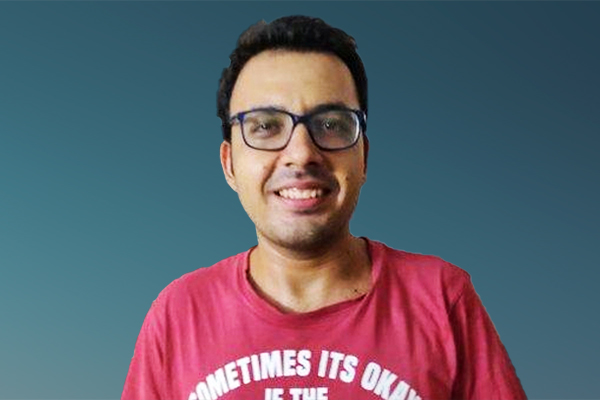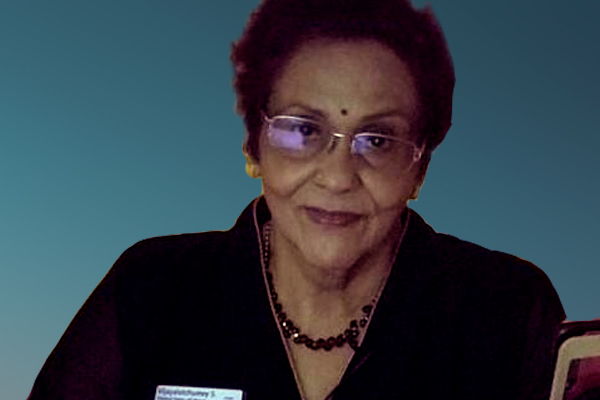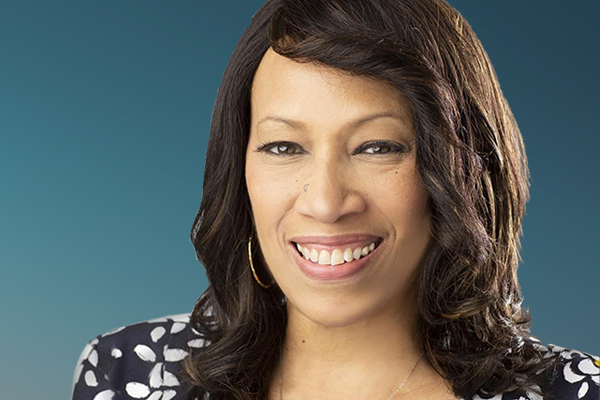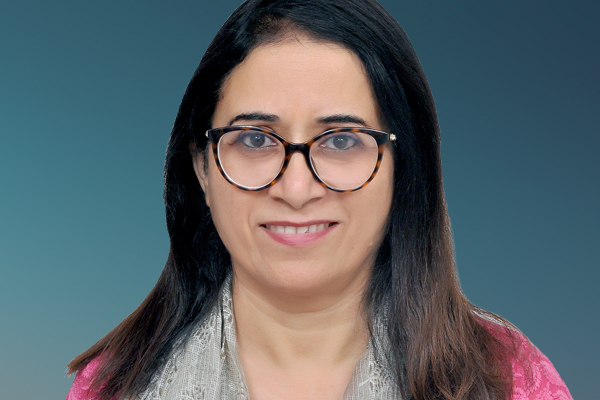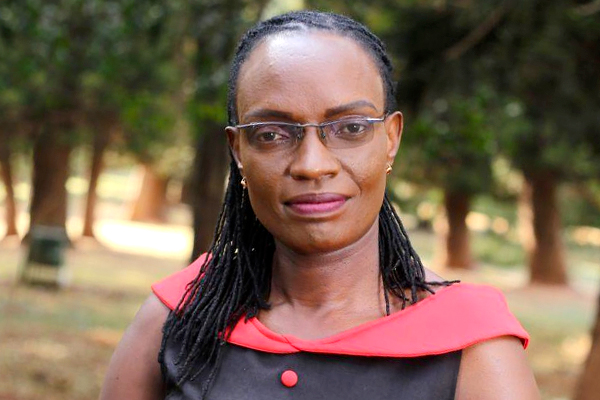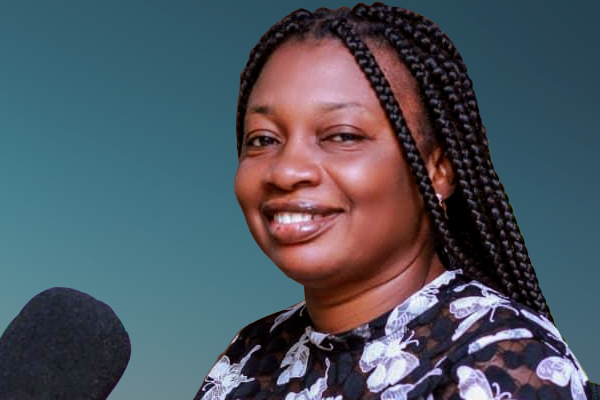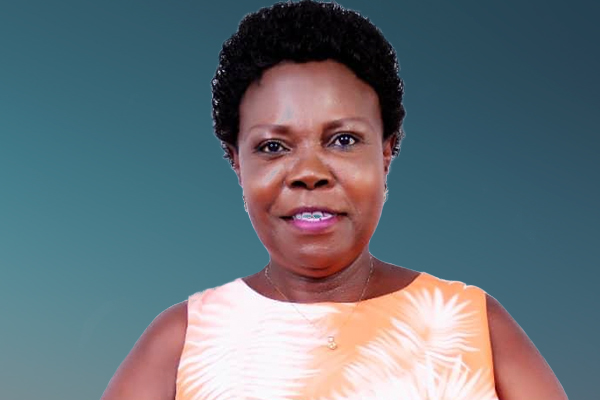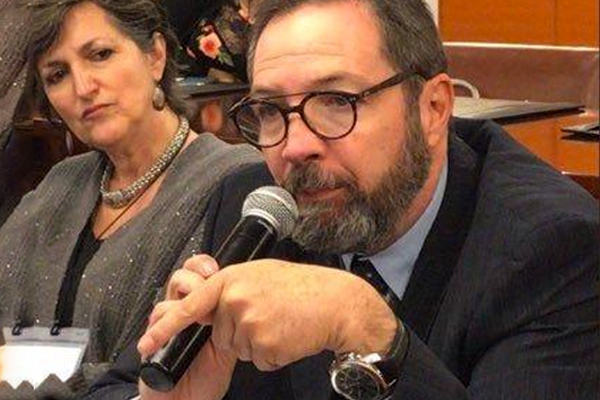Hello, in the first part of my NCD stories, I talked about my diagnosis of type 1 diabetes. In the second part, I would like to talk more about my community as a whole. What we all have to go through and the issues and the concerns that we face on a daily basis. Living with a chronic and invisible condition like diabetes that requires 24/7 attention is not easy. Previously, I talked about the issues of lack of education, lack of awareness, impact on mental and emotional health and the importance of diet and exercise. In this part, I would like to draw your attention to a few factors which I feel majorly impact the community as a whole.
Let me start with something which is not just associated with diabetes but also with any NCD in general, ie. social stigma. I do understand that social stigma in general is how people perceive your condition, how they judge the way you live because of your condition, it also considers the impact it has on your families and friends and those around you. A person living with NCD is already going through a lot. There's a lot of life changes, changes that impact you physically and emotionally. There are thoughts in your head 24/7 and on top of that getting comments from everyone around you on the seriousness of the condition or any unsolicited advice does not help at all. Specially with diabetes and as a woman living with diabetes the first and the foremost question that we get often get asked is- will she be able to have a child? This stigma is associated around everything with diabetes starting right from the very basic need of medication or insulin. It's very often that you get to hear comments like will you get addicted to insulin, is it harmful in the long run, who is going to support you financially for all this medication? People pressurizing you to eat foods which impact your blood sugars and people questioning your lifestyle changes. As a woman living with type 1 diabetes, we have to go through another set of stigmas associated with diabetes regarding menstruation, dating, marriage, child birth, if the woman will be able to take care of the family, take care of the child. I along with many other women living with Diabetes had to go through our fair share of questions and unsolicited advice. This definitely impacts the emotional wellbeing of the PLWD. I do agree that a lot of social stigma around diabetes comes from the fact that there's no awareness about the condition in general and everything that's associated with diabetes. But, yes, definitely there's a lot of scope for us, as diabetes advocates or NCD advocates to create awareness, to initiate talks around diabetes and NCDs and normalize these talks so that people don't feel awkward talking about any medical condition.
Another major factor that I would like to draw your attention towards is the pricing. Now in low and middle income countries like India, where the concept of universal health coverage is, I would say, non-existent and we have to pay for everything out of our own pockets - insulin, oral medication and associated medical supplies. The high cost of living with diabetes is not easy either for the patient or their caregivers. It definitely adds to the financial burden. Take note that insulin is the sixth most expensive liquid in the world. The pricing of insulin and diabetes medication has grown exponentially since years, and by the end of the day, patient is the one who has to face the brunt of it. Insulin for all, availability and accessibility to affordable insulin is something that I truly stand by. We do have a few good schemes recently started by the government of India to support PLWD but there's almost negligent awareness about them. People are not aware that they can get access to cheaper generic insulin or free insulin at a few government hospitals. Associated concerns here would be that you have to go to select few govt hospitals to collect insulin. Most of the times, the insulin at the government hospital is out of stock. It is difficult for people in rural areas who travel for hours to reach the hospital early in the morning and there is no stock of insulin. Regular intervention from govt authorities is needed to ensure the availability and accessibility to the patients.
The next factor that I feel affects us as a community is understanding that there is a risk of getting other NCDs associated with diabetes. We have to do regular checkups for diabetic retinopathy, diabetic neuropathy, nephropathy and blood pressure. Diabetes in general can and will affect all body organs. Caregivers or doctors do not usually stress on the idea that a person living with NCDs or diabetes is at a higher risk of getting other NCDs. For example, over time, poorly controlled diabetes can cause damage to blood vessels in your kidneys leading to kidney damage and cause hypertension or high blood pressure. Hypertension or blood pressure is likely a bi-factor of uncontrolled sugars when you are living with diabetes and this can further lead to cardiovascular diseases as well. Diabetic patients are more likely at a higher rate to develop heart diseases than someone who does not live with diabetes and moreover patients with hypertension or high blood pressure are will exhibit insulin resistance. This sort of becomes a vicious cycle wherein diabetes can affect other body parts or other body organs which in turn increases your insulin resistance and that again leads to high blood sugars leading to poorly controlled diabetes. Once the patient and the family is made aware of how a NCD will affect them and how they can learn to manage it and live with it, the quality of my life of people living with NCDs can be greatly improved.
We have to ensure that there is an enabling environment that promotes healthy lifestyle changes, availability of healthy food choices, encouraging people to take physical activities and normalize talking about NCDs. This will definitely make a person living with NCD better informed and educated. As an informed patient you definitely reduce the risk of getting another NCD or any related complications.

